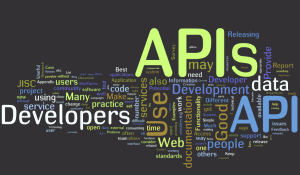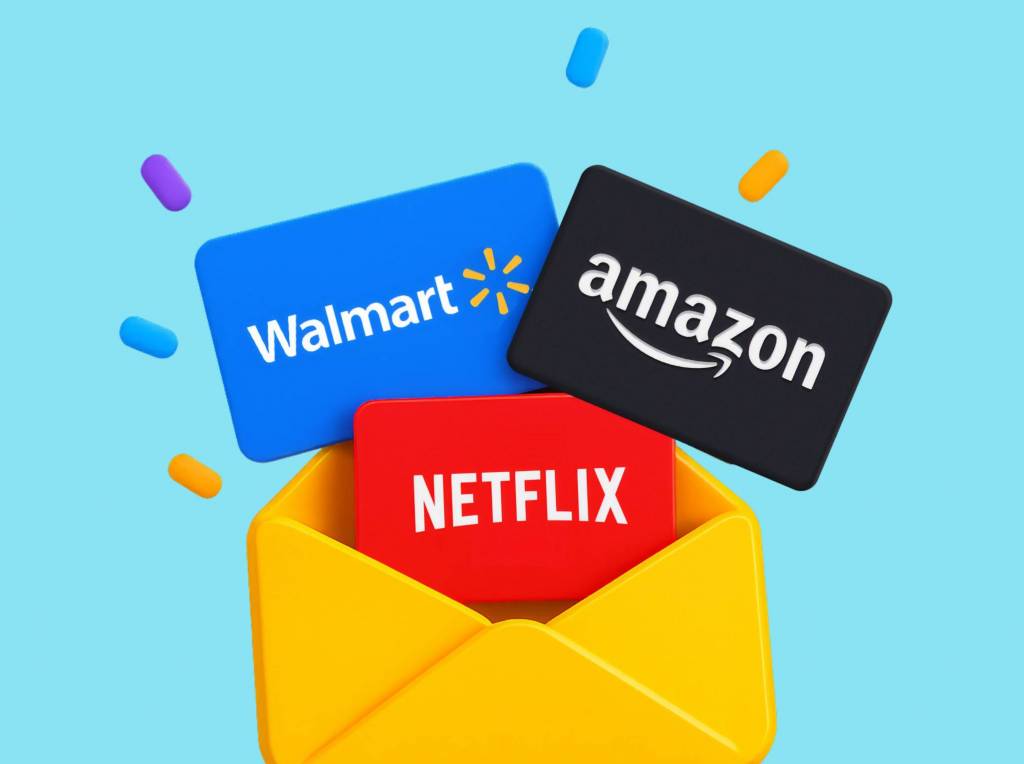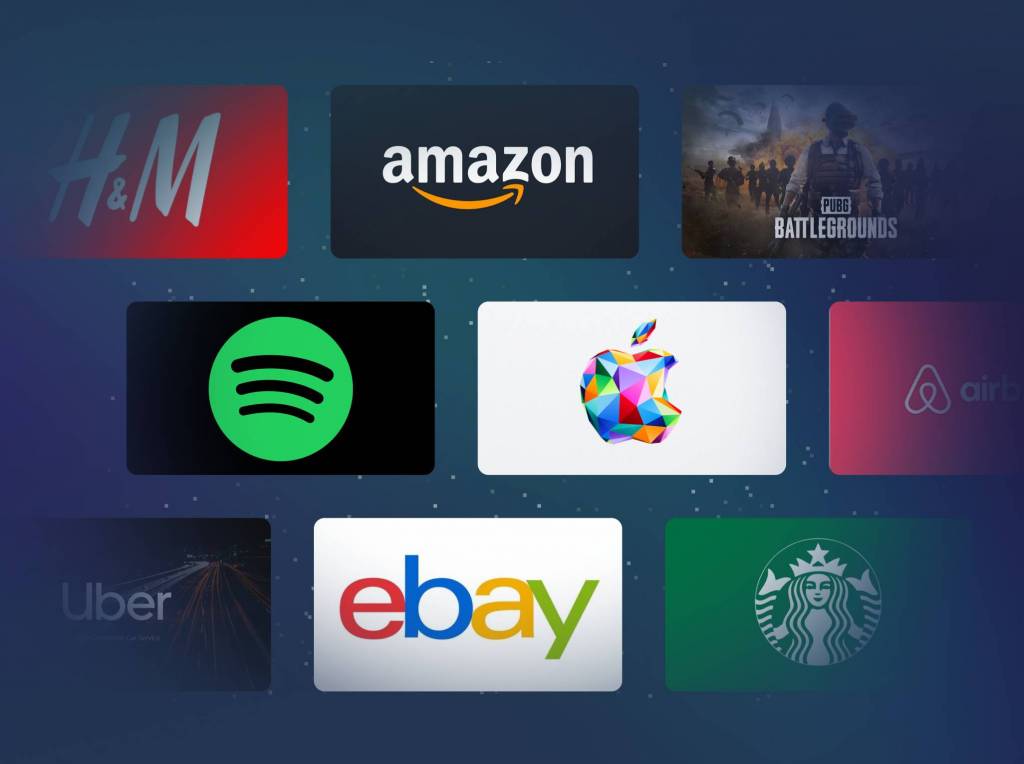In 2006, less than 400 public APIs were available globally. Today, there are around 15,000 APIs, with 40 new ones created every week. Salesforce already generates 50% of its revenues via APIs, eBay generates 60%, and Expedia 90%. Welcome to the new API Economy!
An API, or Application Programming Interface, is what allows software programs to “talk” to one another and reach a vast audience. APIs are what allows your UBER or LYFT drivers to find your pickup location or login/sign up on apps with Facebook or your favorite social media account. APIs are also what allows a farmer in Senegal to check crop prices via SMS or a student in the Philippines to book their bus ride using their mobile airtime credit. Services like these are powered by the APIs of local mobile operators, from airtime API, charging API, mobile money APIs, sms APIs, geo-location API and more.
In emerging markets, APIs are bridges between mobile operators and start-ups that launch mobile services. These bridges, if open to developers and easy to walk over, can benefit both sides. They may also have a positive socio-economic impact on the 6 billion unique mobile end users of these services in emerging markets.
In the software supporting mobile networks, operator APIs (Application Programming Interfaces) make it possible for third parties to use certain mobile network functions within their applications. As this means giving access to their core assets, mobile operators must weigh security and strategic considerations before opening their APIs. But after several years of learnings from API programmes launched by pioneering operators like Telefonica (BlueVia programme), Deutsche Telekom (Developer Garden), AT&T (Developer Program) and the GSMA (One API), most large mobile operators in emerging markets have begun to open their APIs too, such as Orange (Middle East and Africa), Axiata (in Sri Lanka with Dialog), and Globe (Philippines).

Barriers to entry for Developers
Most of the worlds 816 mobile operators have failed to open up their APIs, this creates a barrier for developers and MNOs are missing out on billions of incremental revenues. While few mobile operators have already launched a developer api program, it still has some challenges. The process or developer on-boarding is bureaucratic, complex and time consuming to access the mobile operator’s APIs.
Mobile operators have not yet found a way to entice the 24 Million developers around the world to build creative applications for their customer base. They have not yet created a seamless, self-care automated on-boarding process that is attractive for developers. For the most part, 99% of mobile operators have failed to open up their APIs to developers and have also failed to grasp the impact they can have in the local and international markets.
Mobile Operators like Orange and Globe, who have launched an API portal still makes it very difficult for a developer to access their services. Their process is not simplified for a common developer to easily signup without prerequisites. Developers are looking for simplicity, accessibility and efficiency to build their creative applications without any restrictions.
Bridging the Gap with Developers and Mobile Operators
In emerging markets, where mobile operators are the main enablers of the digital economy, operator APIs are a powerful channel for unlocking creativity and giving the start-up ecosystem a boost.
Beyond the technical benefits, opening APIs gives operators the opportunity to engage with the broader local start-up and developer community and partner with the most innovative and talented startups in their markets before anyone else.
New Revenue Streams for MNOs
Mobile Operators are already losing billions from OTT apps! Opening up their APIs can access new revenue streams for these MNOs. According to a February 2016 IHS report, the telecom API market should reach $1.2 billion globally by 2020, up from $702 million in 2015. While most of this revenue opportunity is driven by telecom APIs opened to the so-called ‘short tail’ (more established businesses, not start-ups), operators opening their APIs to all third parties (larger businesses and start-ups) also have the opportunity to unlock future revenues through fast growing start-ups. Uber, Go-Jek, or Viber — some of the largest customers of API aggregators (Twilio, Clickatell, Reloadly and Nexmo, respectively) — did not exist just seven years ago.
One API Solution
Reloadly was born with the very concept of aiming to bridge the gap between developers and the 816 mobile operator around the world. The founders have witnessed first hand how telecommunications has evolved from hardware to software and the impact developers can have in an over complicated and outdated industry. Reloadly is an API platform to facilitate how tech companies and developers can access mobile operators services without any prerequisites, no contracts, no capex and no shenanigans!
Reloadly first decided to release their mobile airtime API because they realized that other companies selling airtime via an API have also failed largely on the tech side, they are heavily reliant on legacy old school APIs, outdated business models similar to the mobile operators. With 80% of the world owning a prepaid mobile phone, Reloadly’s first mission is to make recharging mobile phones as accessible and as easy as possible through developers around the world.
Future services that will be available on the Reloadly API include sms, mobile money, digital content and carrier billing. Our airtime API for developers will be released the week of June 26th, 2018.
To learn more about the Reloadly API, please visit www.reloadly.com



